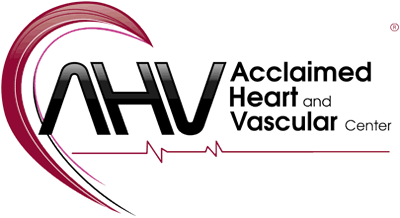One way to prevent heart failure is to control conditions that cause heart failure, such as coronary artery disease, high blood pressure, diabetes or obesity.
Symptoms
The most common signs and symptoms of heart failure are:
- Shortness of breath or trouble breathing
- Fatigue (tiredness)
- Swelling in the ankles, feet, legs, abdomen, and veins in the neck
Conditions that damage or overwork the heart muscle can cause heart failure. Over time, the heart weakens.
Causes of heart failure include:
- Coronary heart disease
- Diabetes
- High blood pressure
- Alcohol abuse or cocaine and other illegal drug use
- HIV/AIDS
- Thyroid disorders (having either too much or too little thyroid hormone in the body)
- Too much vitamin E
- Treatments for cancer, such as radiation and chemotherapy
Other conditions and diseases also can lead to heart failure, such as:

Acclaimed Heart and Vascular Center
We deliver excellent care with compassion after discussing your health and treatment plan with simplicity.
DISCLAIMER: THIS WEBSITE DOES NOT PROVIDE MEDICAL ADVICE
The information, including but not limited to, text, graphics, images and other material contained on this website are for informational purposes only. The purpose of this website is to promote broad consumer understanding and knowledge of various health topics. It is not intended to be a substitute for professional medical advice, diagnosis or treatment. Always seek the advice of your physician or other qualified health care provider with any questions you may have regarding a medical condition or treatment and before undertaking a new health care regimen, and never disregard professional medical advice or delay in seeking it because of something you have read on this website.

